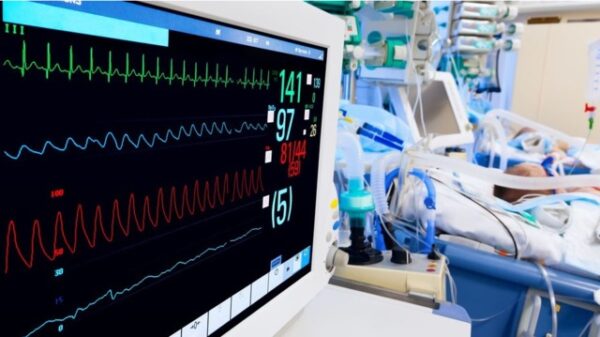Gone are the days when the term automation was limited to science fiction novels only. These days, this word is the solution to many problems in various industries. Automation is being adopted by people from all over the world and innovations are being made almost daily to make it a vital part of our lives. Automation also plays a key role in the healthcare sector. If you are wondering how automation helps the healthcare sector, then you should read about the top 6 benefits of applying automation to healthcare mentioned right here.
- Cost Reduction
Believe it or not, health care costs are a problem and industrial automation can fix that. According to the Chief Engineer at Equustek Solutions Inc., “When industrial automation devices are used in the healthcare industry, it will save labor costs, money spent on doing repetitive tasks and make processes more efficient which will lead to money savings. These savings then can be used to reduce healthcare costs for individuals like me and you.”
- Better Quality
Quality healthcare is demanded by people of every stratum, and this is made easier with automation because the use of technology to do every task ensures there is less scope for error. Everything from manufacturing medicines to data entry of medical records can be automated to improve its quality and reduce the rejections/ errors.
- No Time Lags
When every part of a well-run hospital is automated, the patients won’t have to wait for their doctors to arrive, carry heavy bundles of medical records or explain their health issues over and over again. Automation will help the doctors to streamline their schedule to attend every patient promptly, instantly access a patient’s medical records and go through the medical history quickly which will make the process more time efficient.
- Data Generation
Data of patients, health conditions, consumption of medicines and patient’s feedback can be accumulated by using automation tools. This data can also be analyzed to distinguish patterns, finding loopholes and correcting the same. For instance, if data finds that patients need to wait a lot to get access to a particular medication like Omeprazole, the data analytics trends can highlight it and manufacturers may be asked to up the production of the medicine to reduce the wait times.
- Keeps Patients on Track
Many patients have the habit of skipping medications or going off track when it comes to treatment options. Automation will make it possible for medical experts to detect any such changes in patient’s behavior and give them a nudge to ensure that they don’t deviate from a recommended care plan. For instance, if Mrs. Cole stops ordering her daily dose of blood pressure medicines, automation can inform her doctor of the same and intervention might be done to ensure that she doesn’t stay off the necessary medications for long. As staying off blood pressure medications for months can prove deadly for people who have hypertension, automation can literally save innocent lives.
- Data Generation
Data of patients, health conditions, consumption of medicines and patient’s feedback can be accumulated by using automation tools. This data can also be analyzed to distinguish patterns, finding loopholes and correcting the same. For instance, if data finds that patients need to wait a lot to get access to a particular medication like Omeprazole, the data analytics trends can highlight it and manufacturers may be asked to up the production of the medicine to reduce the wait times.

